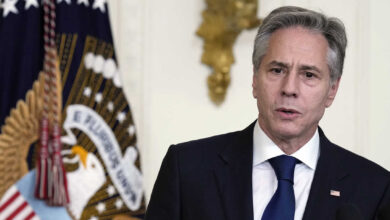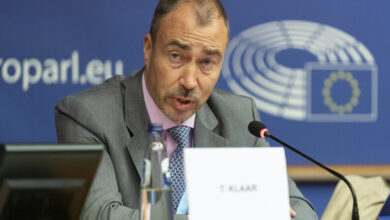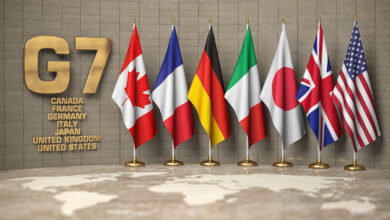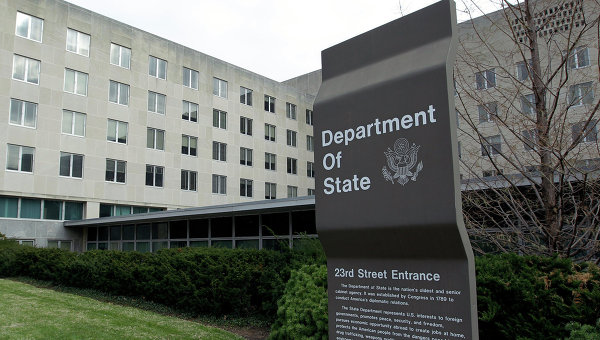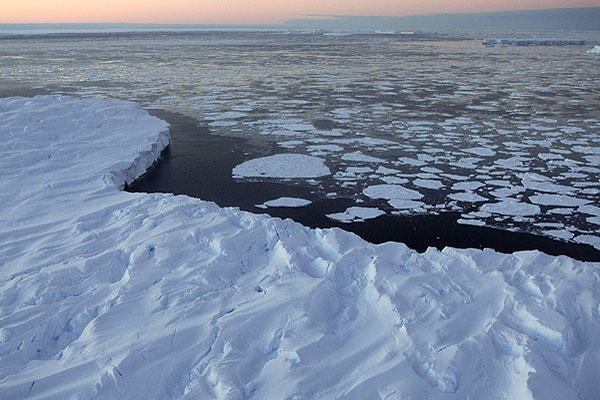
A recent study published in the journal Nature Climate Change states that the increase in temperature can cause massive greening of the Arctic. According to the new models of climate change, research scientists state that over the next few decades, the wooded areas in the Arctic could increase by 50 percent. And this massive greening could lead to climate warming at a greater rate than what was expected, the Science World Reports writes.
“Such widespread redistribution of Arctic vegetation would have impacts that reverberate through the global ecosystem,” Richard Pearson, lead author of the paper and a research scientist, said in a press statement.
The increase in temperatures, which are rising at about twice the global rate, has lead to plant growth in the Arctic ecosystem over the past few decades. This is the recent trend noticed. For the new models, the research team used climate scenarios in the 2050s in order to check how this trend progresses in years to come. The team developed models that can predict the kind of plants that grow under certain conditions of temperature and precipitation. This modelling is apt because the harsh climate in the Arctic limits the kinds of plants that can grow.
Based on the future climate, the new model also mentions the enormous redistribution of vegetation across the Arctic. Scientists predict a massive increase in tree cover.
According to Pearson, the impact would expand beyond the Arctic region.
Apart from this, researchers also examined the several climate changes that would occur due to greening. They noticed that a phenomenon called the “albedo effect” would have the greatest impact on the climate of the Arctic. The albedo effect is based on the reflectivity on the Earth’s surface.
“By incorporating observed relationships between plants and albedo, we show that vegetation distribution shifts will result in an overall positive feedback to climate that is likely to cause greater warming than has previously been predicted,” co-author Scott Goetz, of the Woods Hole Research Center, said in a press statement.




